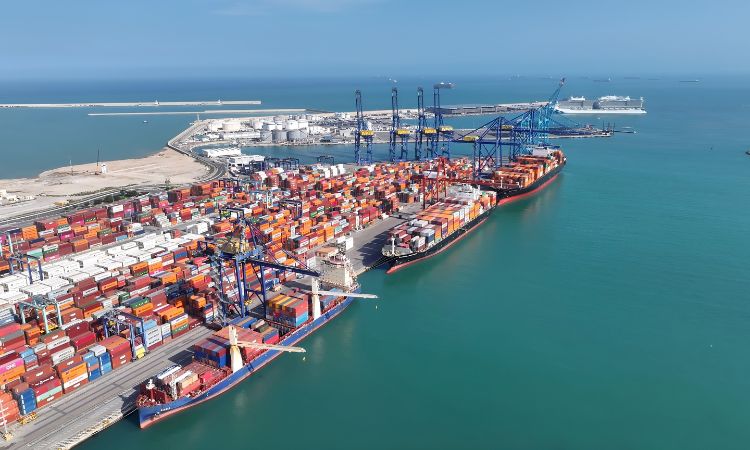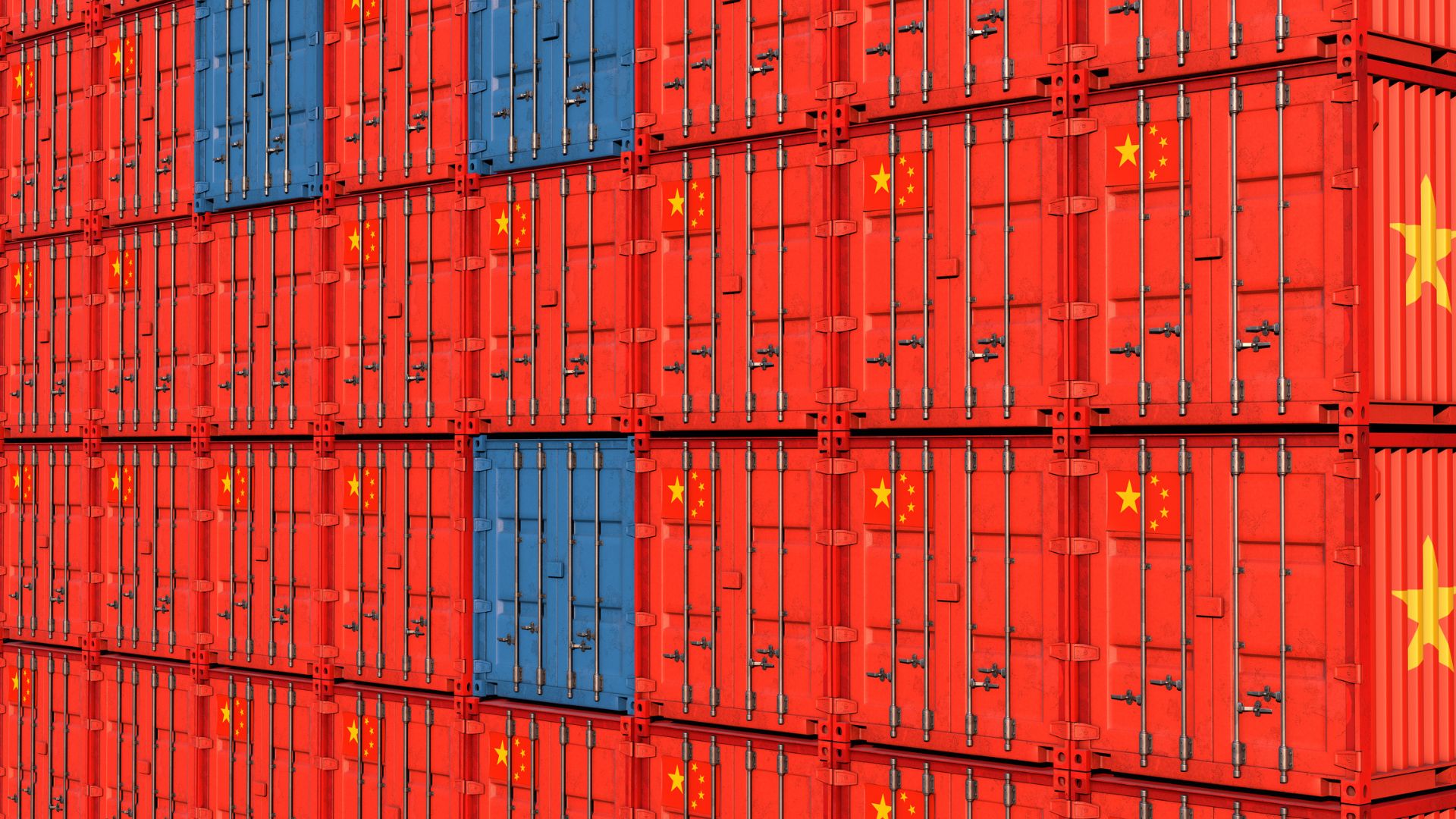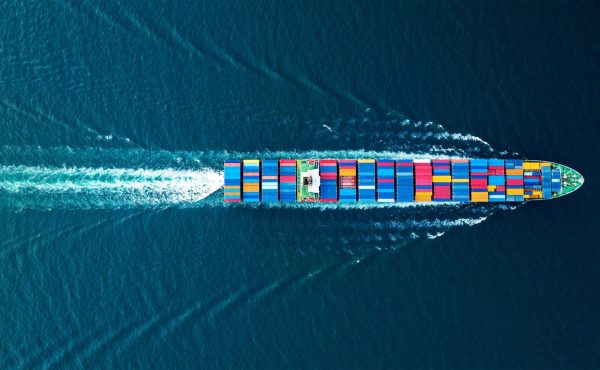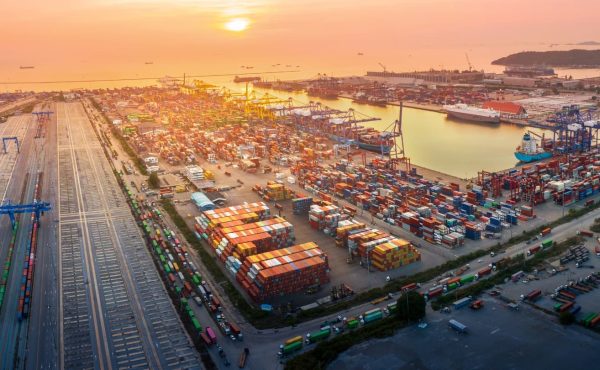The 21st Century Silk Road: How It Affects European Supply Chains
The New Silk Road, also known as the Belt and Road Initiative (BRI), is one of the most ambitious infrastructure and transportation projects of the 21st century. Launched by China in 2013, its goal is to strengthen trade connections between Asia, Europe, and Africa through land, maritime, and rail corridors.
More than a decade after its launch, its impact on international logistics—and especially on European supply chains—is undeniable.
Global connectivity and reduced transit times
One of the most notable changes is the rise of rail transport between China and Europe. Routes crossing Eurasia have evolved from one-off experiments to a consolidated alternative for industries such as technology, automotive, and textiles.
While maritime transport remains the leading option in terms of volume and cost, rail offers a clear advantage in transit times: 15–18 days compared to 35–40 by sea. This is a key reduction for companies that need to quickly respond to European demand.
Challenges for European logistics
The consolidation of the Silk Road brings benefits but also challenges that European companies must address:
- Competition and cost pressure: European supply chains must optimize processes to remain competitive against the agility offered by the BRI.
- Increased regulatory complexity: Coordinating customs, certifications, and regulations across multiple countries requires expertise and logistics partners with accreditations such as Authorized Economic Operator (AEO).
- Sustainability in transport: Although rail is more sustainable than air freight, the large-scale infrastructure projects of the BRI spark environmental debates. Europe prioritizes reducing the carbon footprint of logistics, forcing companies to adapt strategies.
- Route diversification: Having new logistics corridors reduces dependence on Europe’s major seaports.
A strategic opportunity for Europe and Spain
European ports have become key nodes within the New Silk Road. In Spain, Barcelona, Valencia, and Algeciras strengthen their role as gateways for Asian goods into Europe and as logistics platforms for Africa and Latin America.
This positions Spain strategically to attract investment, enhance its competitiveness, and consolidate itself as an international logistics hub.

The importance of an expert logistics partner
To take advantage of the opportunities and overcome the challenges posed by the New Silk Road, companies need partners capable of anticipating risks, ensuring regulatory compliance, and optimizing operations.
At Logisber, we have the experience and AEO accreditation to guarantee that every shipment reaches its destination safely, efficiently, and in full compliance. Our team designs customized supply chains, combining land, sea, and air transport to meet the challenges of an ever-evolving international trade landscape.
Want to know how the Silk Road could impact your international operations? Contact Logisber and discover how to make your supply chain more competitive, secure, and sustainable
Categorías
Compartir









